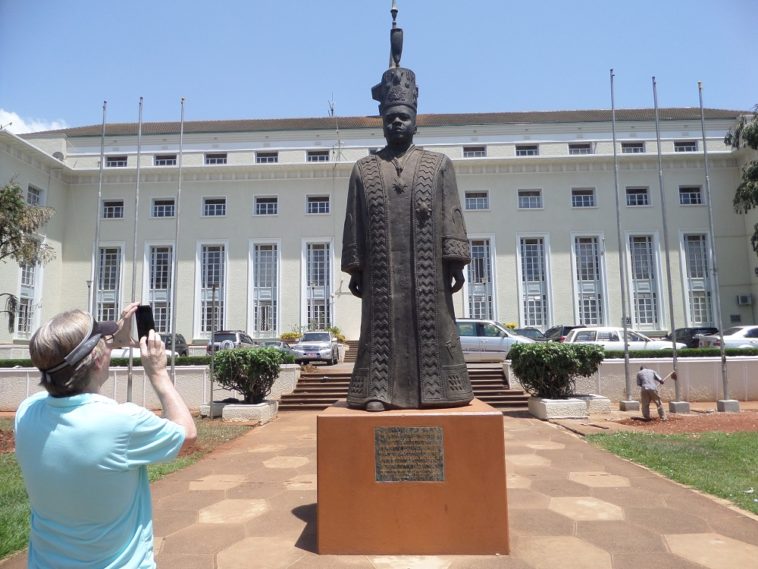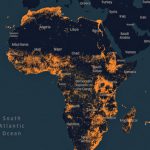According to Akala, in his memoir on race, class, imperialism and capitalism titled “Natives: Race and Class in the Ruins of Empire”, “different nationalisms are different in intent and content depending on their historical origins.”
On social media, there is a strain of contemporary Buganda nationalism that uses the white nationalist rhetoric of Brexit to articulate Buganda’s right to self-determination in the twenty-first century. The coinage “Bugexit” refers to Buganda’s exit from Uganda.
The Bugexit narrative and equivalence to Brexit, a form of white nationalism, however misunderstands and misrepresents the history of Buganda nationalism. Buganda nationalism, at least from the end of the nineteenth century is a form of Black nationalism.
Let me quote from Akala again, to emphasize the differences between white and Black nationalisms and why it is important for us to understand Buganda nationalism as Black, than a rip-off of Brexit white nationalism:
“By making whiteness the color of oppression, the color that defined a person’s right to own other beings, to rape and kill and steal with impunity, white supremacists had paradoxically opened up the way for blackness to become the color of freedom, of revolution, and of humanity. This is why it is absurd to compare Black nationalism and white nationalism; not because Black people are inherently moral, but because the projects of the two nationalisms were entirely different.”
In reviewing #TheMakubuyaBook, Lwanga Lunyiigo argues that: “Since the loss of the Buganda War of Independence, the institutions of the Buganda nation have been heavily shackled and the monarchy, the glue that held Buganda together, emasculated and even abolished (1966-1993).”
Lunyiigo and other historians have documented Buganda’s 128+ year struggle for self-determination. They have written about the Bataka resistance, the 1945, 1949, and 1953-55 revolts against colonialism as events in a long history of Buganda’s struggle for freedom. This valiant history of struggle can’t be demeaned and reduced to chauvinist white nationalist vitriol that is Brexit.
In an op-ed for the Sunday Monitor, Timothy Kalyegira notes that “The rise of People Power runs parallel to a discernible re-emergence of Buganda nationalism and political ambition.” Those who talk about Bugexit on social media streets support Bobi Wine’s People Power movement. People Power circles however have too many Uganda colonials who believe in the British project that the Bugexit faction needs to do more work to win over the movement to the cause for Buganda nationalism. This is why I am bringing Akala’s insight to bear on the matter.
The accurate context for Buganda nationalism is not white nationalism but Black nationalism. Black nationalism stands for freedom, justice, and equality while white nationalism is the ideology for racism, imperialism, genocide, oppression and exploitation. Colonialism and the conquest of Buganda by Britain was informed by white nationalism. It can’t, therefore, provide a rhetoric for freedom. I guess I should have a list of references here, right? But you get what I mean.
References.
1. Akala (Kingsley Daley), Natives: Race and Class in the Ruins of Empire (Two Roads, 2018)
2. Apollo N. Makubuya, Protection, Patronage, Or Plunder? British Machinations and (B)Uganda’s Struggle for Independence (Cambridge Scholars Publishing, 2018)
3. Lwanga Lunyiigo, How Buganda became politically insignificant (Sunday Nation, January 20, 2019)4. Timothy Kalyegira, What Next for People Power? (Sunday Monitor, March 1, 2020) FIN.
This post was created with our nice and easy submission form. Create your post!






Nice observation ??